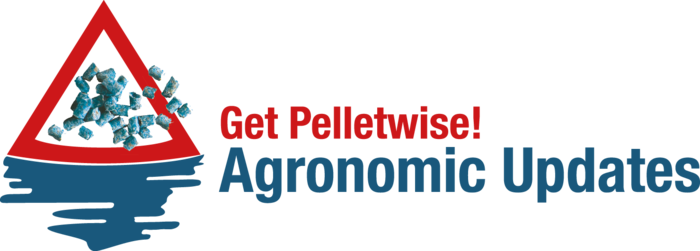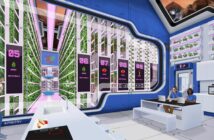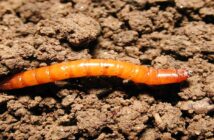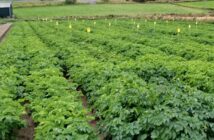Water companies are calling for more agronomist support on the back of the success of the Metaldehyde Stewardship Group’s ‘Get Pelletwise! Agronomic Updates’ system, that is now entering its fourth consecutive season.
Dr Joanna Clint, catchment projects manager at Thames Water praised the sustained loyalty from agronomists in helping them to make informed decisions on water abstraction.
“The system has been extremely valuable to date, but, in common with other water companies, we need more agronomists to sign-up before the 2018 season starts again in August,” she says.
“Each year we spend a lot of time deciding when to abstract water from our rivers and watercourses because of the difficulty in anticipating metaldehyde levels.
“The weekly reporting system, that collates the short reports filled in by participating agronomists on slug pellet treatments recommended during the week, really helps us to make an informed decision,” she says.
“The autumn is an important time for us as it’s when we replenish reservoir levels to ensure water stocks are available for the coming year. However, this also coincides with slug pellet usage, so knowing the exact timing of applications is extremely valuable.”
Dr Clint explains that it is not just the slug pellet application information that is useful, but the extra comments, which help to build the bigger picture.
“Information on ground conditions can be extremely helpful,” she says. “For example, if we know that soil is about to meet saturation point, and slug pelleting is taking place, then we can establish that there is a higher risk of metaldehyde entering watercourses.”
There are currently over 90 agronomists signed up to the system. But, some counties are still under-represented, agronomists across the country are being urged to sign up, particularly those advising in high risk water catchment areas.
As a case in point, Dr Clint explains that Thames Water’s catchment covers a vast area of 11,000 km² and having reports from different parts of the region can help to determine geographical nuances, which then triggers a halt in abstraction in specific areas.
“Last year we received comments explaining that significant damage had been caused by cabbage stem flea beetle. This meant that growers would be looking to minimise the damage from slugs even more than usual to help reduce the risk of further losses,” she explains.
“Therefore, we were able to plan for this by being aware that more slug pellets would be applied than otherwise anticipated.
“It’s information like this, that we wouldn’t normally receive, that’s important as it helps us to correctly inform our abstraction teams about when it’s best to abstract,” she says.
“In 2017, at Thames Water, we had 123 reports from 14 agronomists and although this is good, there are still gaps in some areas.
The Metaldehyde Stewardship Group’s ‘Get Pelletwise! Agronomic Updates’ system returns this year on 1 August and agronomists are encouraged to sign up as soon as possible.




